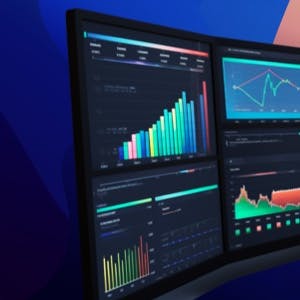- Home
- All updates
- EDGE Insights
- Industries
- Company Search
- My Watchlists (Beta)
EDGE Insights
Filter
EDGE Insights
Workflow automation platforms: A game changer for corporate productivity
Workflow Automation Platforms
Jun 4, 2023

Workflow Automation Platforms
By Charith Gunasekara · Jun 4, 2023
Workflow automation platforms: A game changer for corporate productivity
The age of automation is here, and it’s received mixed reviews. Some reports estimate that automation will displace as many as 400 million–800 million individuals from their jobs by 2030, while others speculate that it will create as many jobs as it destroys. However, for enterprises, the only constant seems to be change. Therefore, embracing automation is likely the way forward. Automation can include physical activities through robots or cognitive activities through workflow automation (WFA) platforms (including using robotic process automation [RPA] bots).
Traditionally, WFA platforms dealt with repetitive tasks such as collecting and processing structured data. However, as AI progressed and natural language processing (NLP) and generative AI grew in popularity, WFA platforms were able to work with unstructured data as well. For instance, WFA platform UiPath leverages ChatGPT to generate conversational responses to customer emails, dealing with positive and negative feedback. The increasing complexity of tasks that these platforms can handle, together with economic challenges and tight enterprise budgets, has made automation less optional and more a must-have.
In this Insight, we explore WFA platforms in terms of use cases, the role played by AI, how companies are expanding platform functionality, and factors driving the industry.
Contact us
Gain access to all industry hubs, market maps, research tools, and more
Get a demo
By using this site, you agree to allow SPEEDA Edge and our partners to use cookies for analytics and personalization. Visit our privacy policy for more information about our data collection practices.